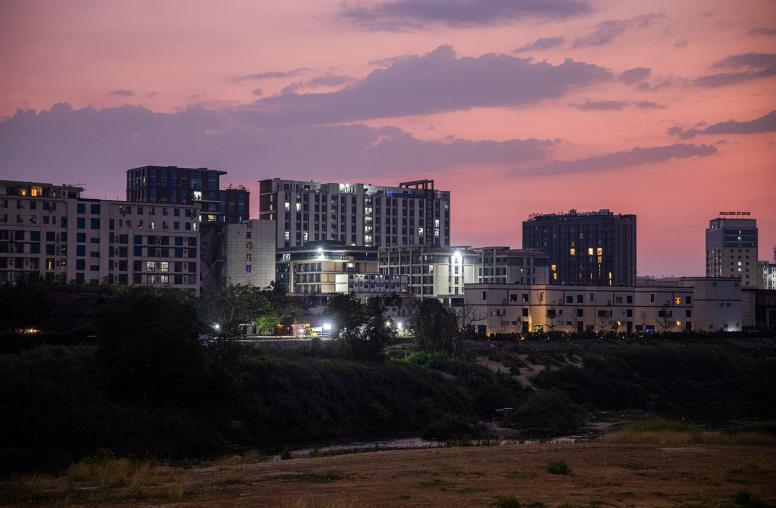Episode 21 - Sandra Melone
In this episode, we talk with Sandra Melone, Executive Vice President of Search for Common Ground, about the importance of monitoring and evaluating peacebuilding programs. This includes discussion on transparency, self-deception, balancing evaluation needs of stakeholders and organizational ones, and working with external evaluators.
The Peace Frequency presents in-depth interviews with ordinary people doing extraordinary things to create a world free of violent conflict. It is produced by the U.S. Institute of Peace Academy.



